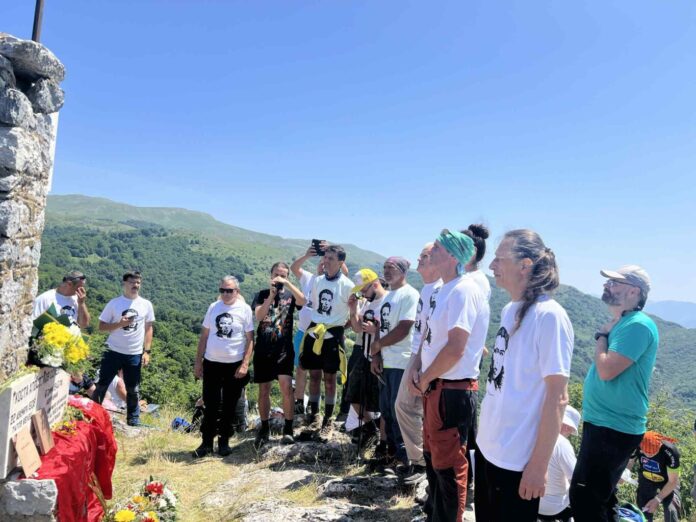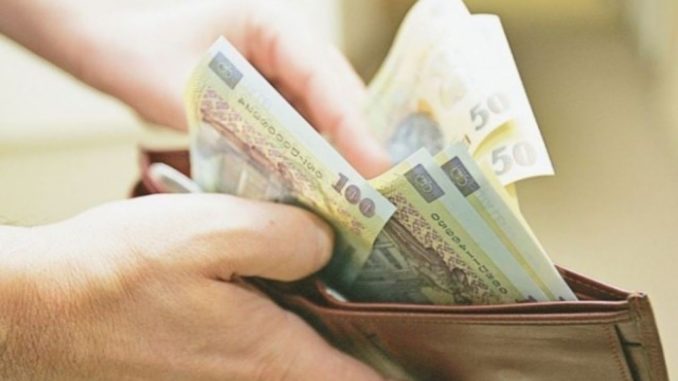This was the two frantic days that ended with a Government Summit and the electric in La Moncloa | Spain
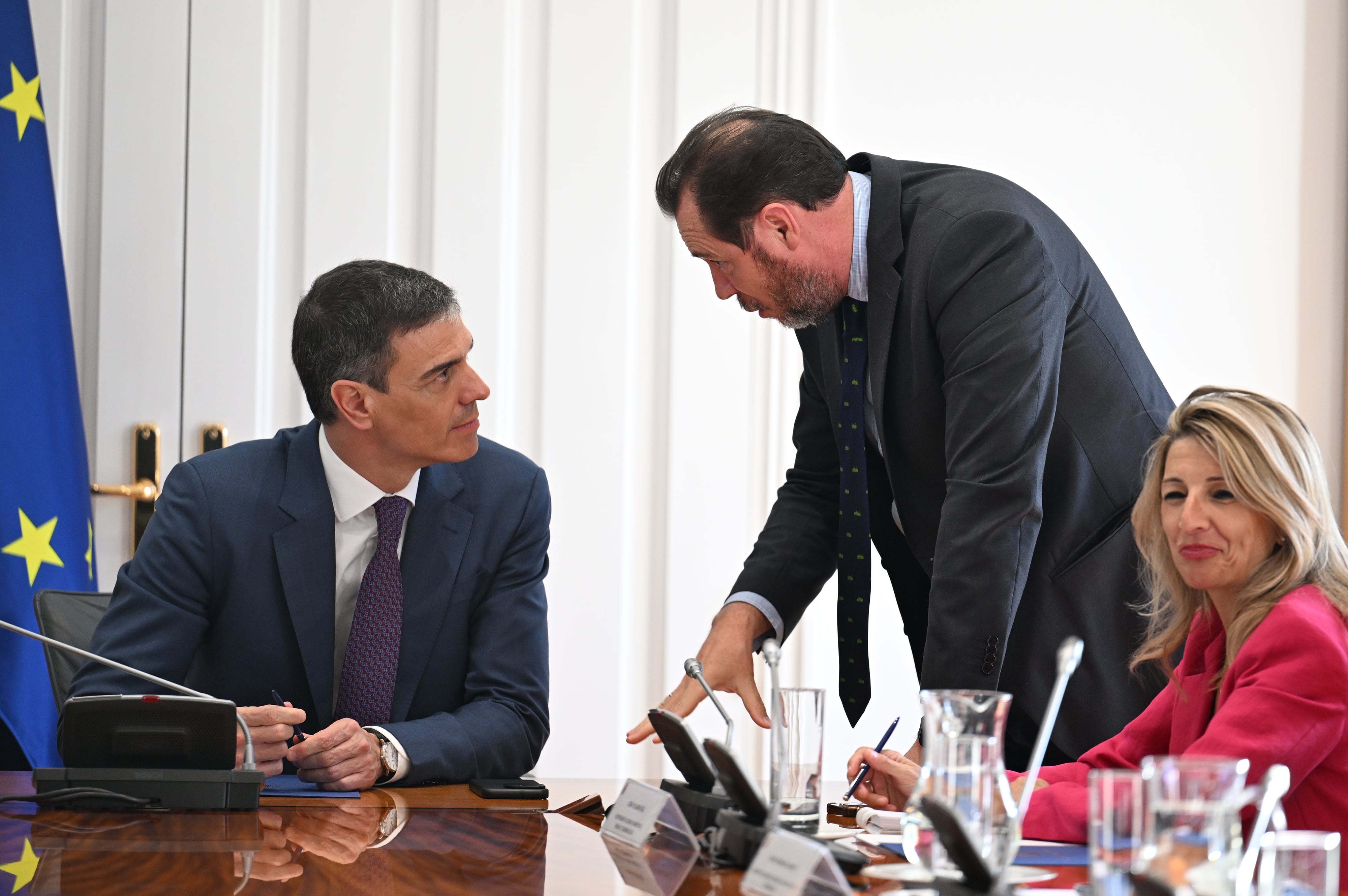
Tuesday was the day of the demand for explanations After the blackout, While the previous day they had postponed by the emergency. On Monday, in full anguish for the greatest blackout in the history of Spain, with the almost paralyzed country, Pedro Sánchez told his collaborators very clearly. « Today there is only one priority: that people have light again in their homes as soon as possible. Tomorrow there will be another one: understand what the incidence has caused and prevent it from occurring again. »
Although from the first moment, in the first Electricity meetings, the ministers present and the president himself already saw that the technicians had no answer to most of the questions that politicians asked them, and special the most obvious: how could something like this happen? Sánchez and his team decided to leave those doubts for the next day and prioritize the work to return the light to the whole country and especially to rescue the affected people.
On Tuesday the time for transparency demands came. The discomfort in the Moncloa with Spanish electricity, The company participated by the State and directed by a former socialist minister, Beatriz Corredor, is very evident. Different government sources complain that this company, key to guaranteeing the supply, is showing excessive opacity, does not accept that government technicians access the data they are asking for, and does not give a clear explanation of what has happened.
But in La Moncloa they point out that the main electrical companies, which also have very relevant information that could explain what happened, are not transmitting it to the government to the requested rhythm and all seem to want to take responsibility for the others. The opacity of the electricity sector is not new, nobody has just understood how it works and companies are very jealous of their data. But the blackout changes everything. Sanchez demands solutions and responsibilities. He wants to know what happened to make immediate changes and not happen again. And it does not admit the explanation that it is due to the success of renewables, much less that nuclear energy must be recovered. « Those who link this incident in the absence of nuclear or lie or demonstrate their ignorance. Nuclear power plants, far from being a solution, have been a problem, » he said.
On Tuesday, Sánchez decided to give a blow, summon the corridor itself to the Moncloa and the representatives of the main electricity and throw a clear warning with the maximum solemnity, although in a diplomatic tone, according to sources present in the appointment: the Government demands “collaboration, transparency and sense of state” to find how before the origin of the largest blackout of the history of Spain.
These sources point out that companies promised to do so as soon as possible, but distrust seems very evident between the government and the representatives of the sector, including the electricity network itself, which is not a continuation of the government, as some think, although the runner’s direction because Sanchez wanted to, but a private company with their interests and their patrimonial responsibilities in case of an avoidable error.
The meeting was tense for Sánchez’s statements during the morning, which part of the sector performed as a dart to the companies. First, because its reference to the eventual responsibility of the « private operators » occurred after Red Electrico preliminary discarded that the blackout was due to a cyber attack and pointed to two episodes of « generation disconnection », very possibly of solar energy, in the southwest of the country. In spite of everything, the forms were kept. Beatriz Corredor reinforced the thesis that it is necessary to provide as much solidity as possible to the renewable system. In its latest annual report, published in February, the Electric Red Matrix already warned that “the closure of conventional generation plants, such as coal, combined and nuclear cycle (consequence of regulatory requirements), implies a reduction in firm power and the balance sheet capabilities of the electrical system, as well as its strength and inertia. This could increase the risk of incidents in operations that may affect the supply and reputation of the company Daniel Toledo.
Millionaire compensation at stake
All those that were represented at the Moncloa appointment are private companies that are playing huge interests. If it is shown that they were somehow responsible for an avoidable error, they will have to assume multimillion -dollar compensation. So it seems logical that they try to benefit their interests and dodge responsibility. But at the same time, they are the only ones who have the data to understand what happened. That is why Sánchez decided to hit the table and remind them that they have the obligation to offer those data, that the government is convinced that they will arrive for good or bad.
The executive is somehow blind, because it has no alternative data. Although it now has an advantage, according to several members of the government consulted: the National Court has initiated a procedure and that will force the companies, by court order, to deliver all the requested data. The CNI, which has been in all the internal meetings of the Executive, also does not have its own data, and therefore needs those of the companies. But if they do not give them voluntarily, it will be the judge who demands them. That is why in La Moncloa they trust that they have understood the message, although they will be very attentive to what happens in the next few hours.
The night in candle
Up to 35,000 people were trapped in 136 trains throughout Spain, in addition to thousands of elevators, including relatives of the government itself, such as the wife of the Minister of Transportation, Óscar Puente, who is pregnant. She was able to get helped by her goalkeeper, but hundreds of citizens were trapped much longer. Other ministers were directly affected, such as the vice president, Yolanda Díaz, who had to jump from a train stopped in Beniel (Murcia) and walk along the tracks to try to return to Madrid as soon as possible and reach the second meeting of the National Security Council, at 19.00. Bridge, like many others responsible in the Moncloa and the ministries, spent practically all night in candle pending the bailouts in trains and attempts to recover traffic, especially nearby this Tuesday. Almost no one slept more than one or two hours among ministers and other key positions such as the chief of Cabinet, Diego Rubio.
Therefore, in full emergency, despite the pressure to discover the origin of the problem and especially to ensure that it will not happen again, and although all kinds of speculations were already unleashing, Sánchez and their ministers decided to leave the pressure for the next day to discover what happened. In fact, the president received many criticism for six hours to appear. The main reason was that I wanted to wait to have something else to tell, an explanation, but it never arrived. At night he also delayed his appearance for a similar reason. But again, he could not give clear explanations of why.
The priority at that time was to recover the light. Sánchez delegated the technical weight in the third vice president, Sara Aagesen, an energy expert. Together, the technical movements to solve the problem were concentrated on the same day, where the data was concentrated but also in theory the data to understand what had happened. Sanchez left out there at dawn, and Aagesen decided to stay. « I will leave when we are at 99%, » he told his boss. Finally he left at 5.00 in the Electric Red, when everything was already aimed.
The frustration of not having information
It was already the end of the emergency, starting on Tuesday, but there were moments of much more uncertainty on a Monday that according to several ministers was even more distressing than a few days of the pandemic, although here we finally had to regret victims. Sanchez was gathered with Prime Minister Chipriota, Nikos Christodoulides, when the light went. Almost immediately he decided to go to Red Eléctrica and with him he took a good part of his ministers,
Everyone left without concluding acts, half -end meetings, and crossed a city collapsed with a siren coup to reach what they expected to be the epicenter of the information. But the meeting was very frustrating, according to various sources. The technicians, visibly nervous, at the most complicated moment of their professional life, achieved more or less telling what had happened, those five key seconds, but not why it had happened. As much as politicians tried, the answer was the same: « We don’t know, we are investigating it. »
At that time the heads of politicians thought of a cyber attack. Óscar López, Minister of Digital Transformation, was in permanent contact with the INCIBE, the Cybersecurity Institute, which is in León. Every day they check the entire network looking for cyber attacks, and detect hundreds. But this time nothing came out. They had no indication that they took there, but they kept looking at themselves. It was very rare. There were neither special climatic conditions, nor a very high demand, nothing abnormal. No one understood why the network had failed. At the first meeting of the National Security Council, it seemed that the thing would be resolved in a few hours, as said Electricity. But then it was seen that I was slower than expected. In the second, at 19.00, only 21% of the network had been restored.
Even so, all the ministers, especially the Interior, Fernando Grande Marlaska, moved encouraging data. There was no insecurity crisis. In fact, according to the data known on Tuesday, the crimes fell a lot, up to 70% in Madrid, despite the unfounded alarms launched by some conservative sectors. The civic behavior of the population was very commented on all meetings. The majority of the population lived the day in a quiet, almost festive atmosphere.
Although the concern of the ministers was for those who were having a worse: hospitals, people with reduced mobility trapped, people with respirators who need electricity. The Minister of Health, Mónica García, explained that the hospitals generators were operating according to the planned and everything was under control, although all non -urgent operations were canceled. The most worried seemed bridge, with those 35,000 people trapped, some in tunnels or in inaccessible mountain places. At first they didn’t even know where some trains were standing, because there was no communication. Carlos Corpora, Minister of Economy, told his colleagues that the stock market was reacting well, another proof of a greater tranquility of the one planned on such a complicated day for the Spanish economy.
The data began to improve a lot in the late afternoon, and at dusk, the critical moment, the light also began to reach many neighborhoods in Madrid, where the ministers live. And when he came back, he didn’t leave anymore. So little by little everyone was convinced that the situation was already in the process of solution. Even so, almost none slept and the night was very hard to try to have everything on Tuesday. And now, once the emergency is resolved, the whole focus is put in the big question: what happened? And from there the following, which open a great political and economic battle with one of the country’s greatest powers, the energy sector: who is responsible and what to do so that it does not happen again? That war has just begun.

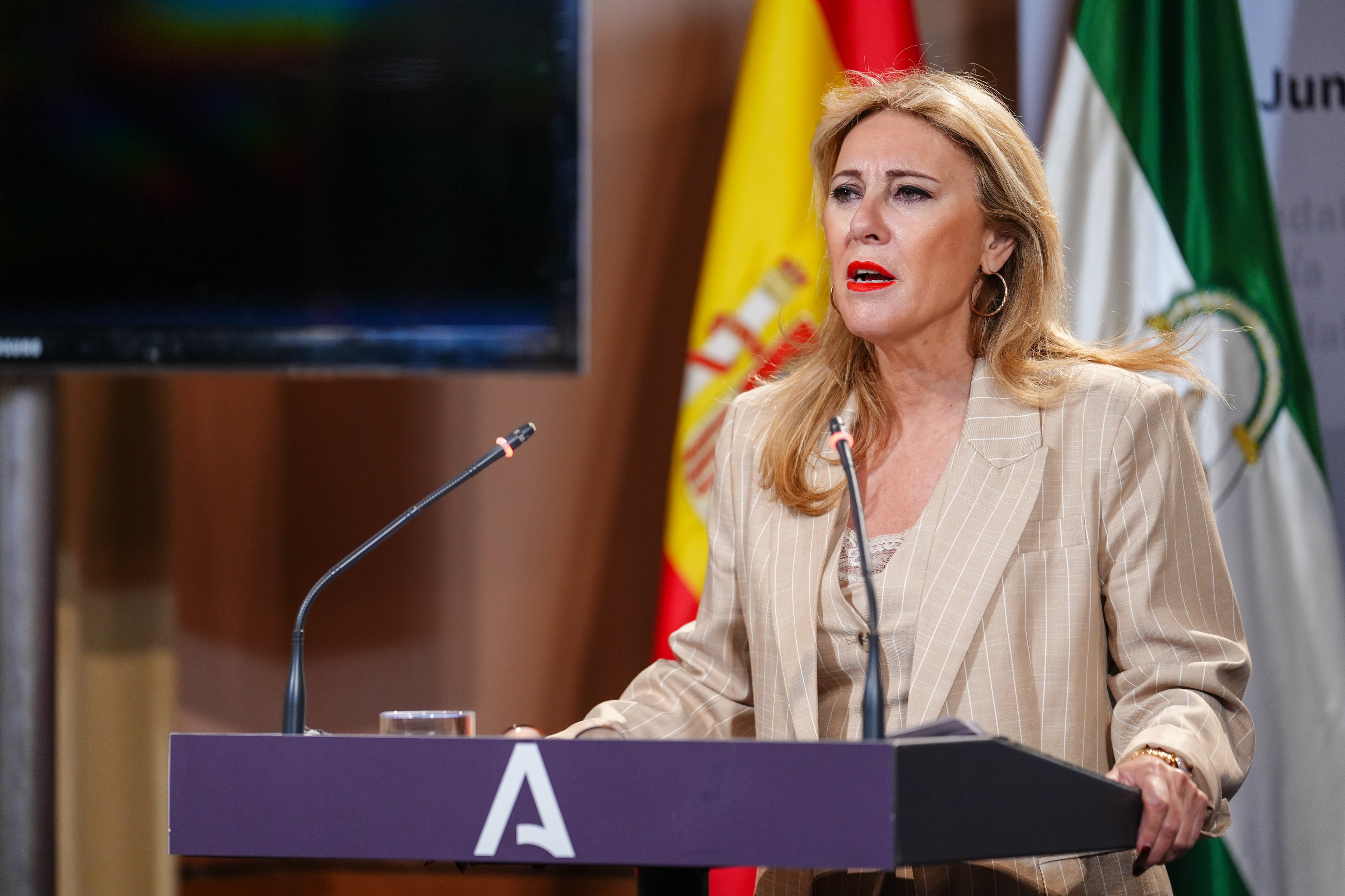
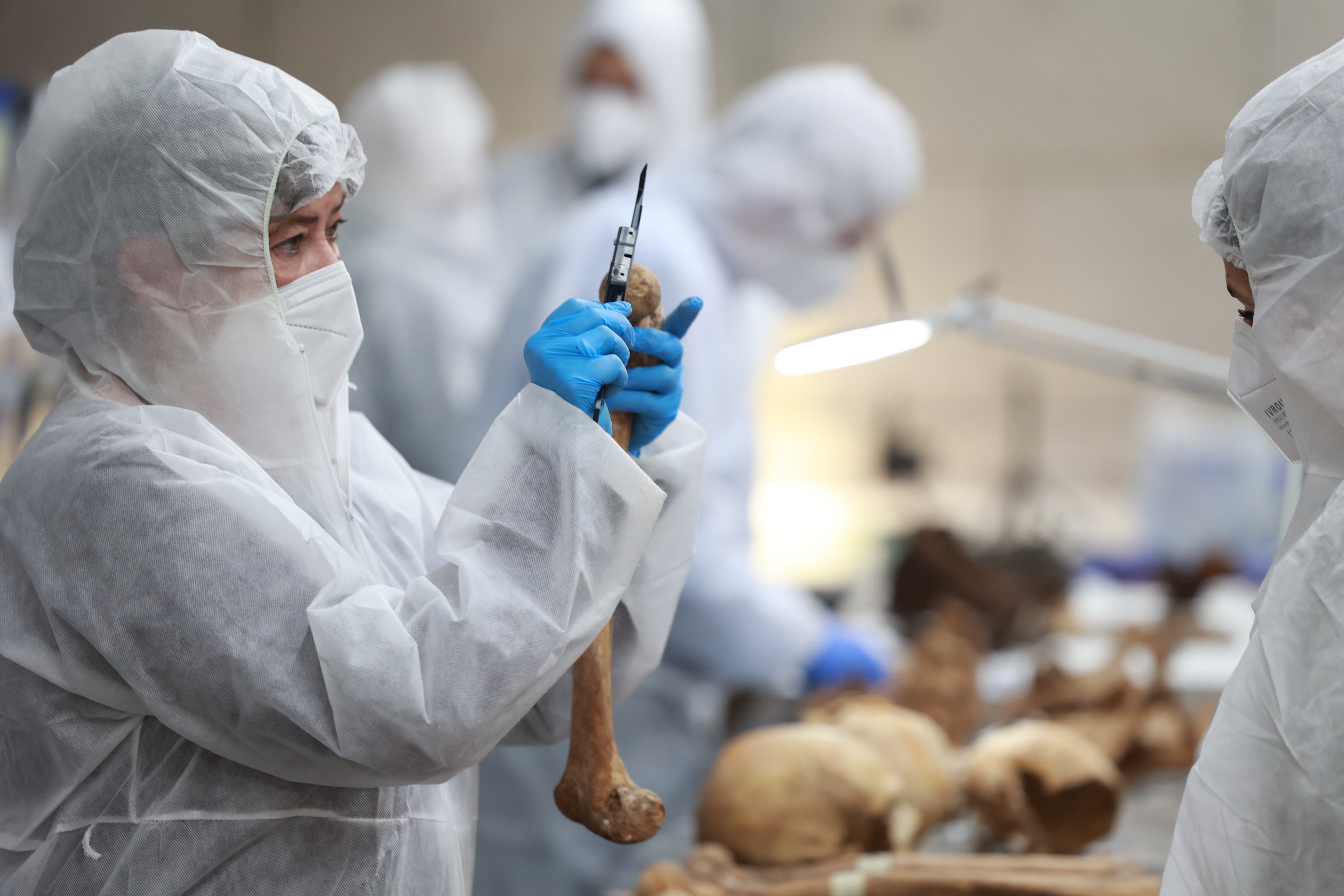
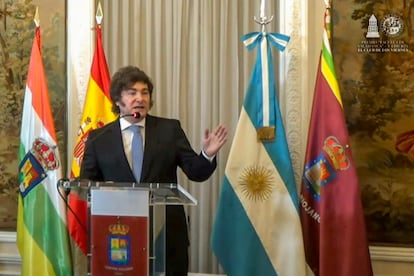
:format(webp)/s3/static.nrc.nl/wp-content/uploads/2024/08/08160729/data119486503-972a24.jpg)
